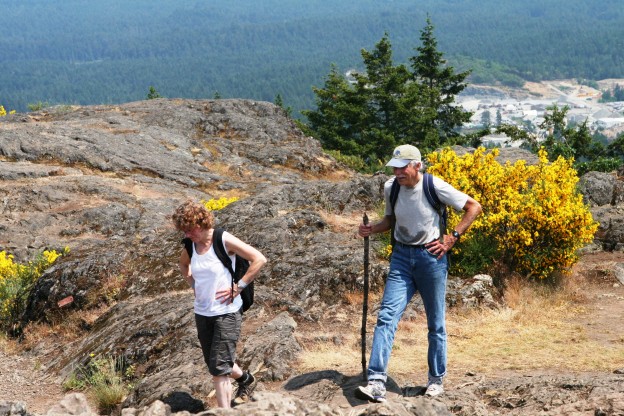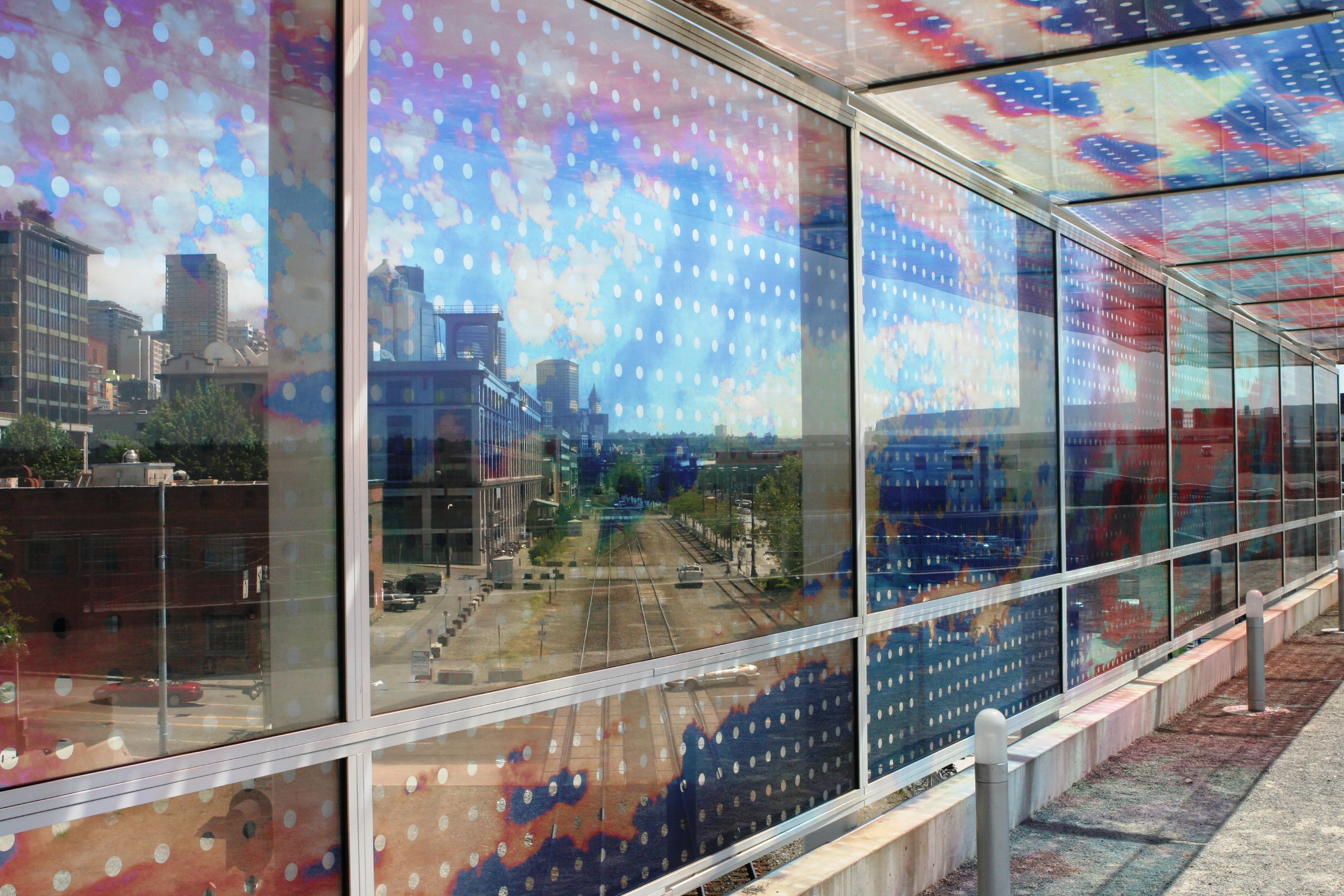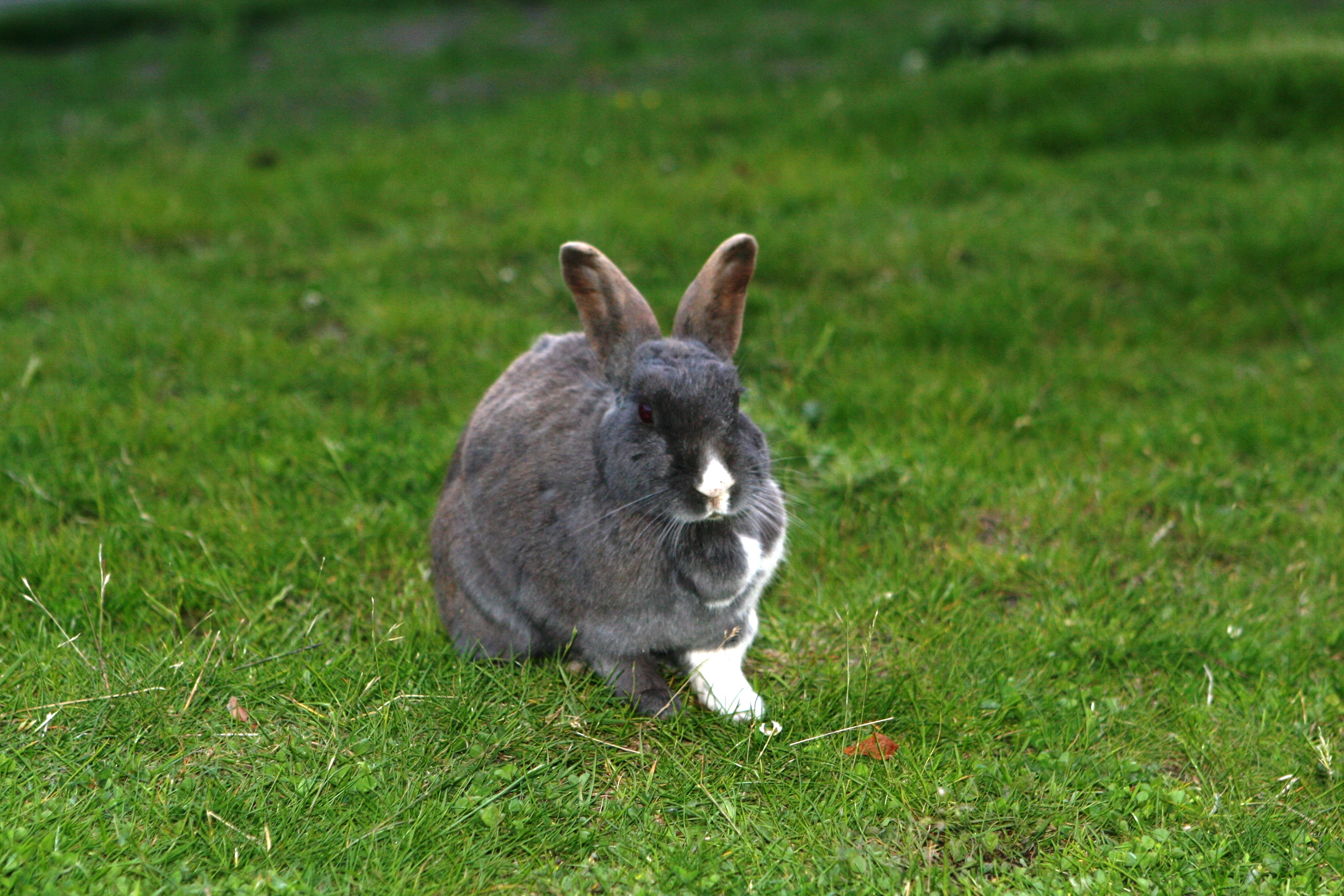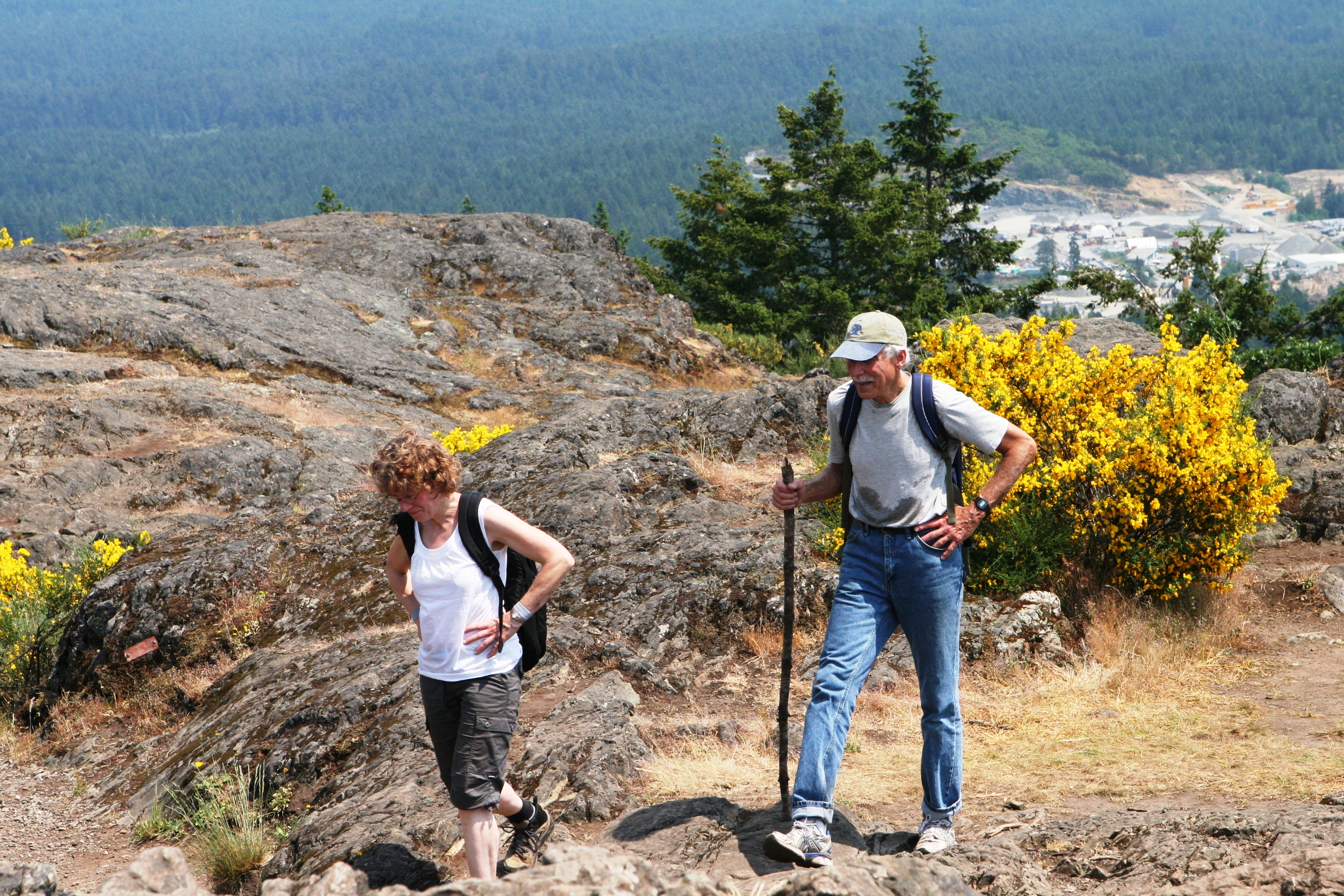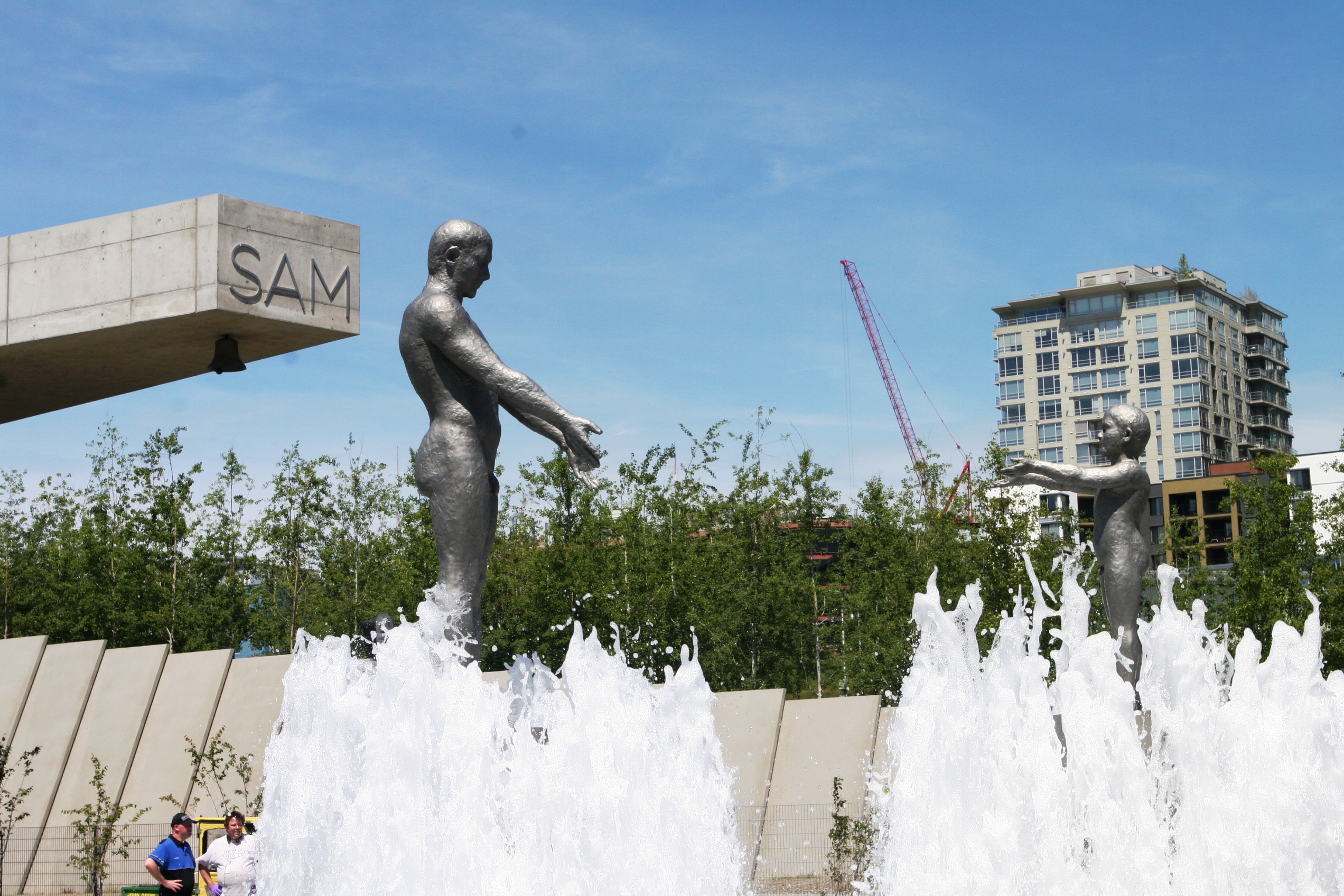To be centered in an academic institution is a practice of self-awareness in relation to others. It is a practice of knowing what one is doing, and doing it well; a crucial dimension of that knowing is that my thoughts, emotions, body, and spirit are at once personal and social, and hence my actions and decisions happen in a world I share with others—whether one is a student or a member of the faculty or staff.
In a Faculty Teaching Fellows conversation last week, a comment by my friend and colleague Patricia brought me back to some of my past thinking about the practice of being centered. She mentioned one of my attempts years ago to speak to the work we call in academic institutions “service.” Reclaiming the value of service, I suggested, begins when we center our understanding of identity and purpose, ground that understanding in an institution, and use that awareness to contribute to the common good.
Patricia’s comment reminded me that I had written about the question of academic service in a 2017 blog post, Redefining Service, in which I suggested that our working definition of faculty service is less than useful. “Service is in part defined by the reward system for faculty that privileges scholarship over teaching and service,” I wrote. “And yet this reward system perpetuates an attitude toward service that renders this dimension of academic labor far less meaningful than it might be.” Too often, we internalize this professional system of rewards. More perniciously, we lose sight of faculty privilege in a hierarchy of faculty and staff labor. Our attitude toward service becomes less supple, and our opinion about service becomes, to borrow words from the poet William Blake, “like standing water, and breeds reptiles of the mind.” For, in the end, to choose not to serve devalues not only service but the labor someone else will do as a consequence of my choice.
It is also the case that as a life and a career develop in an institution faculty work will often take unexpected turns. We would do well to see these turns on a continuum of moving through personal and institutional phases of professional life. There is no one pathway or model. The difficulty is that different kinds of work will take priority as we make choices within the constraints the institution places on each of us—which are never the same, are often not equitable, and by definition situational. Our choices are always constrained by the relative freedom and privileges available to us.
The question of the opportunities is inseparable from personal, professional, and institutional complexities—the dimensions of academic life that we all experience differently. And each of our stories includes opportunities and successes, as well as the challenges, betrayals, resignations, and disillusionments of institutional life.
In 2017, in a series of essays written over a decade or more on the Staying Alive blog, I posted a list of definitions I wrote that was prompted by an invitation to speak about service to a cohort of new faculty at the College. One of my motivations for redefining service was to address the idea of service as a burden or as a less significant dimension of what members of faculty spend their time doing. I shared my observations of experienced faculty productively engaged in the activities we call service; and I spoke about my own experiences making meaningful choices about how I would contribute to my institution. I have included that blog post and the redefinition of service included there.
I’m grateful to Patricia. For in prompting me to connect what we call service to the value of being centered I may be approaching a broader recognition about the list of imperatives I used to redefine service. For the imperatives are focused on being more engaged, and more productive, essentially reversing the dismissive and self-defensive attitudes about this kind of work. For in the end, to be centered is the experience of responsive and creative activity in contrast to reactive and defensive behavior.
The broader recognition is perhaps the most obvious one: centeredness and well-being go hand in hand. For if I had any useful advice to offer to new faculty it was that we need not dismiss service as work that will not advance our professional careers, or to act as if it is less valuable and portable in the institutional marketplace of ideas on which many of us depend. For in dismissing this work, we become less engaged in the collective effort to enliven the fragile institutions that support our work. In chasing external rewards we are less situated. We are more divided. We are less centered.
*
Below is the 2017 blog post Redefining Service

In his most recent post, Mike Branch reminds us, “there will always be substantial parts of an academic career that are unpleasant. Those parts are the job, the part we do to earn a paycheck and not because it is inherently fulfilling.” Mike also makes an observation about the enormous privilege many of us have in academic institutions to pursue “the work—which Henry Thoreau called ‘morning work,’ John Muir called ‘natural work,’ and Gary Snyder calls ‘real work.’ This is the work that matters most,” Mike writes, “that speaks directly to our ethical, aesthetic, and intellectual values.”
But in a 2010 blog post “Counting What Counts” that Mike contributed to Staying Alive he cautions us to consider “the extreme circumscription of what counts” as faculty work and the “harmful effects” of this narrowing “that are substantial and often unrecognized.” Mike argues “definitions of professional success that devalue service to a community obviously promote corrosive forms of self-interest.” He then calls on Emerson to help articulate a model of professional commitment that does not fall into the zero sum game of institutional life:
I maintain an Emersonian suspicion that most large institutions, often working under the banner of standards and assessment, ultimately tend toward real (if often benign) forms of control—that they tend toward a narrowing rather than an expansion of what counts—with the consequence that they become constraining, bureaucratized, or moribund. I don’t believe, as some do, that the problem is the solipsistic careerism of the professoriate, or that research universities are fundamentally ill-conceived. I do believe that, for a number of reasons that are considerably less compelling than they may at first appear, we have allowed our understanding of professional success in the academy to become far too limited. As Emerson wrote, it is “as if one looking at the ocean can remember only the price of fish.” We desperately need to nurture recognition that there are many different ways to think, write, teach, and serve, and that many varied forms of professional activity and achievement are meaningful, meritorious, and worthy of our respect and support.
I too rely on Emerson when it comes to institutions. At the same time, I have found profoundly useful a document published by the MLA over twenty years ago, a document that offered me a productive space to think more carefully about the professional life I was hoping to pursue. Reinterpreting Professional Service made a case for intellectual work less confined to professional hierarchies and more sensitive to the need for generative faculty participation in that area of our jobs we call “service.”
A couple of years ago I pulled together some thoughts about what institutions call “service” for a group of new faculty at Keene State College. In sharing the document at a new faculty orientation, I explained that service should be a rewarding and productive part of our jobs and that it could also become a dimension of academic work. Might redefining service offer another way to stay alive in the academy?

Redefining Service
Service is Personal and Professional Growth
- Maximize personal strengths, draw on your expertise, enjoy the work you choose
- Pursue a personal or professional goal that you find interesting
- Do something completely new and potentially meaningful, if not transformative
Service is Building Relationships
- Strengthen relationships with students by choosing committees that include students (e.g. advise student group or honor society)
- Collaborate with students to sponsor campus events or organizing off-campus activities
- Work on committees with staff to build your sense of institutional place and history from long-serving members of our community
Service is Building and Sustaining Community
- Engage in campus-wide service
- Collaborate with amazing colleagues and make new friends
- Change the culture of College for the better
- Partner with community and regional groups and initiatives
- Pursue rewards of high-profile service that contribute to governance of the College, including administrative roles and leadership opportunities
Service is Teaching and Learning
- Energize your teaching and learning (e.g. Faculty Development Committee, Student research Committee, IRB, Sabbatical Committee)
- Imagine new opportunities for yourself and for others. What would you like to change to improve the conditions for your (and others’) teaching and learning?
Service is Scholarship
- Relate, apply, extend your professional identity and expertise
- Conduct service-learning and community-based research, or seek out and/or create opportunities for service as a public intellectual (local, regional, national, international)
- Contribute to your intellectual / disciplinary / professional field(s) through editorial and peer review, leadership and collaboration, etc.
Service is Productive
- Get things done
- Improve group process (e.g. action items, goal setting, deadlines)
- Make meaningful contributions to the work
- Resign from the committee that is not productive (or the committee to which you are not making meaningful contributions)
Service is a Part of the (Your) Whole
- Be actively involved rather than overextended (there is always too much work to do but don’t do too much or you will not do your work well)
- Say no to committees (or, don’t say yes to all committees)
*
This post on centeredness is the second in a series on core values in teaching and learning that began with Design Pedagogy Values.
photo credits: Mark C. Long

